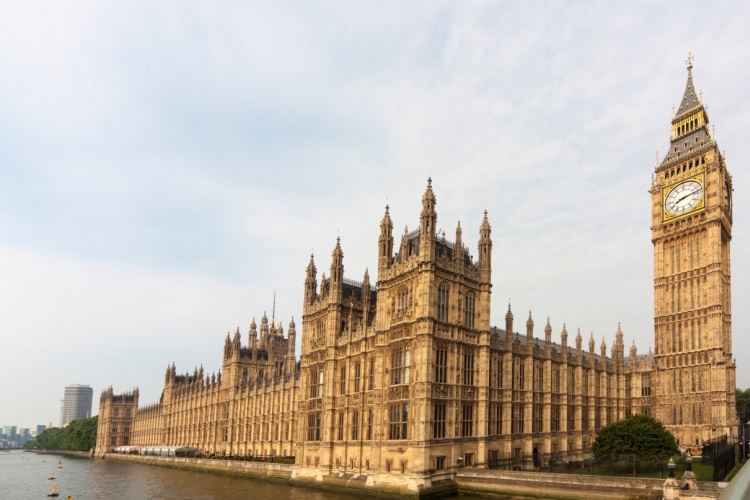Article posted: 9 February 2015
The Budget is on 18 March and the tax year ends on Easter Sunday (5 April).
This year’s Budget will take place within a fortnight of Parliament winding up ahead of the general election on 7 May. That means little time to pass legislation, so there may be another Budget (of some sort) after the election – as occurred in 2010. So when you’re undertaking year end planning for 2014/15, you also need to keep an eye on possible pre-election tactics, too.
Among the items to review on the investment front are:
- Individual savings accounts (ISAs) The maximum ISA investment in 2014/15 is £15,000 and, following last year’s Budget changes, there are no restrictions on how much of this limit you can invest in cash (although currently available interest rates are something of a disincentive). Unused ISA allowances cannot be carried forward, so you should normally contribute as much as possible each tax year. A change of government might see some erosion of tax benefits of ISAs. In 2013 the Treasury examined the option of capping their value and the idea could be revisited by a new Chancellor.
- Capital gains tax (CGT) In the 2014/15 tax year you can realise gains of up to £11,000 with no capital gains tax liability. And once 2015/16 begins on 6 April you will have another £11,100 annual exemption to use. If you have the gains, then using both years’ exemptions could be a wise precaution: both Labour and the Liberal Democrats have floated the idea of CGT reform. You cannot simply sell and then immediately repurchase to crystallise a gain, but there are other options which have similar effect. For example you could sell your holding in an investment fund and then reinvest in the same fund via an ISA or a SIPP.
- Venture Capital Trusts (VCTs) These high risk investments can be an important element of year end planning because of the initial 30% income tax relief and other tax benefits they offer. This year two of the largest VCT managers have virtually withdrawn from the market for new monies, which could mean that if you leave investment until the last moment, your choice of VCTs may be limited. With an eye to the election, most VCTs will allow investments to be allocated between this and next tax year.
The value of your investment can go down as well as up and you may not get back the full amount you invested. Past performance is not a reliable indicator of future performance. Investing in shares should be regarded as a long-term investment and should fit in with your overall attitude to risk and financial circumstances. The value of tax reliefs depends on your individual circumstances. Tax laws can change. The Financial Conduct Authority does not regulate tax advice.




